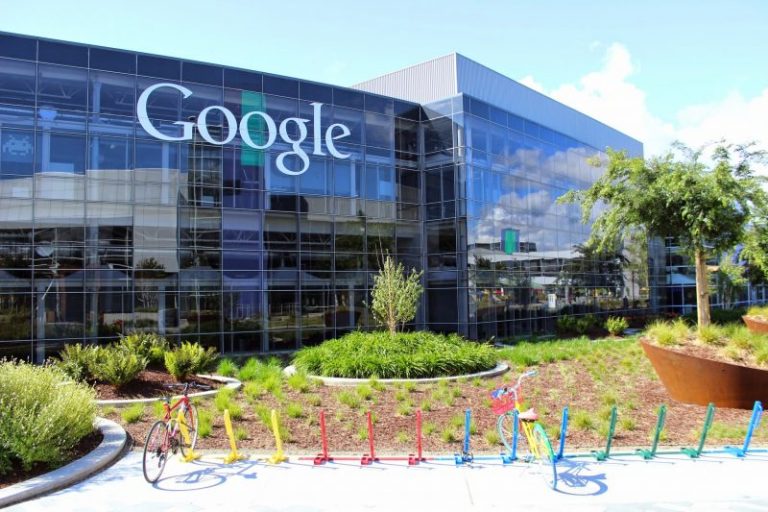 AI
AI
 AI
AI
 AI
AI
Google LLC has reportedly delayed the debut of its next-generation generative artificial intelligence model Gemini, and will now keep it under wraps until at least January.
Gemini is said to be the most powerful conversational AI Google has created so far. It’s described as a multimodal AI chatbot that can process multiple kinds of data. It’s also said to have the ability to understand and generate text, images and other kinds of content, including an entire website, based on the combination of a sketch and written description.
It’s an exciting development that Google was originally planning to announce to the world this week. However, a report in The Information cites two anonymous sources as saying the debut of Gemini will no longer take place this week. Instead, everyone is going to have to wait until early next year before they can see it in action.
Google had reportedly planned a series of launch events that were due to take place in California, New York and Washington, but these have all been canceled on concerns about Gemini’s ability to respond accurately to non-English prompts.
According to The Information’s sources, Google Chief Executive Sundar Pichai took the decision to postpone the launch himself. That’s because global support is supposed to be one of the main features of Gemini. Ultimately, Google hopes, it will surpass the capabilities of OpenAI’s GPT-4 model, which powers the legendary ChatGPT chatbot.
It’s said that Gemini has been able to outperform GPT-4 strongly in private tests because it uses much greater computing power than its rival.
SemiAnalysis, the research firm operated by Substack Inc., said in an August blog post that Gemini looks ready to “blow OpenAI’s model out of the water” thanks to the enormous compute power it can access. Because Google can use many more high-end AI accelerators via its Google Cloud platform, Gemini outperformed GPT-4 on a performance measure relating to computer calculations known as FLOPS.
“I’ve seen some pretty amazing things,” Sissie Hsiao, Google’s vice president and manager of Bard and Google Assistant, told Business Insider that same month. “Like, I’m trying to bake a cake, draw me three pictures of the steps to how to ice a three-layer cake, and Gemini will actually create those images. These are completely novel pictures, not just pictures from the internet.”
Google first announced it was working on Gemini during its annual I/O developer conference in May. At the time, the company said the new model had shown “impressive multimodal capabilities” that had never been seen in any prior model. Besides its ability to understand many kinds of data and inputs, it is also going to be extremely developer-friendly. The company is building an application programming interface or API that developers will be able to use to integrate Gemini directly within third-party applications.
No doubt, Google will also be looking for a way to integrate Gemini with its own services, such as Search and Workspace, similar to how Microsoft has integrated ChatGPT with its Bing search engine, Windows 11 and its suite of Office applications.
Holger Mueller of Constellation Research Inc. said the delay tells us that Google has likely learned from the mistakes it made last spring, when it first launched Bard and was guilty of rushing it out while it still had some reliability issues that needed to be ironed out. In addition, with all of the boardroom drama going on around its chief competitor in the AI industry, OpenAI, the company is now under less pressure to move quickly, he said.
“The lack of strong support beyond English is actually a good reason to delay the launch of Gemini,” Mueller said. “If Google wants to claim that Gemini is a truly global offering from the get-go, it needs to be working right. Though now it has pushed things back, Google will be under even more pressure to ensure Gemini really does shine when it launches with multi-language support.”
Google’s current best generative AI offering is called Bard, but although it has shown some impressive feats, it has struggled to achieve the same level of consumer awareness as ChatGPT.
Support our mission to keep content open and free by engaging with theCUBE community. Join theCUBE’s Alumni Trust Network, where technology leaders connect, share intelligence and create opportunities.
Founded by tech visionaries John Furrier and Dave Vellante, SiliconANGLE Media has built a dynamic ecosystem of industry-leading digital media brands that reach 15+ million elite tech professionals. Our new proprietary theCUBE AI Video Cloud is breaking ground in audience interaction, leveraging theCUBEai.com neural network to help technology companies make data-driven decisions and stay at the forefront of industry conversations.